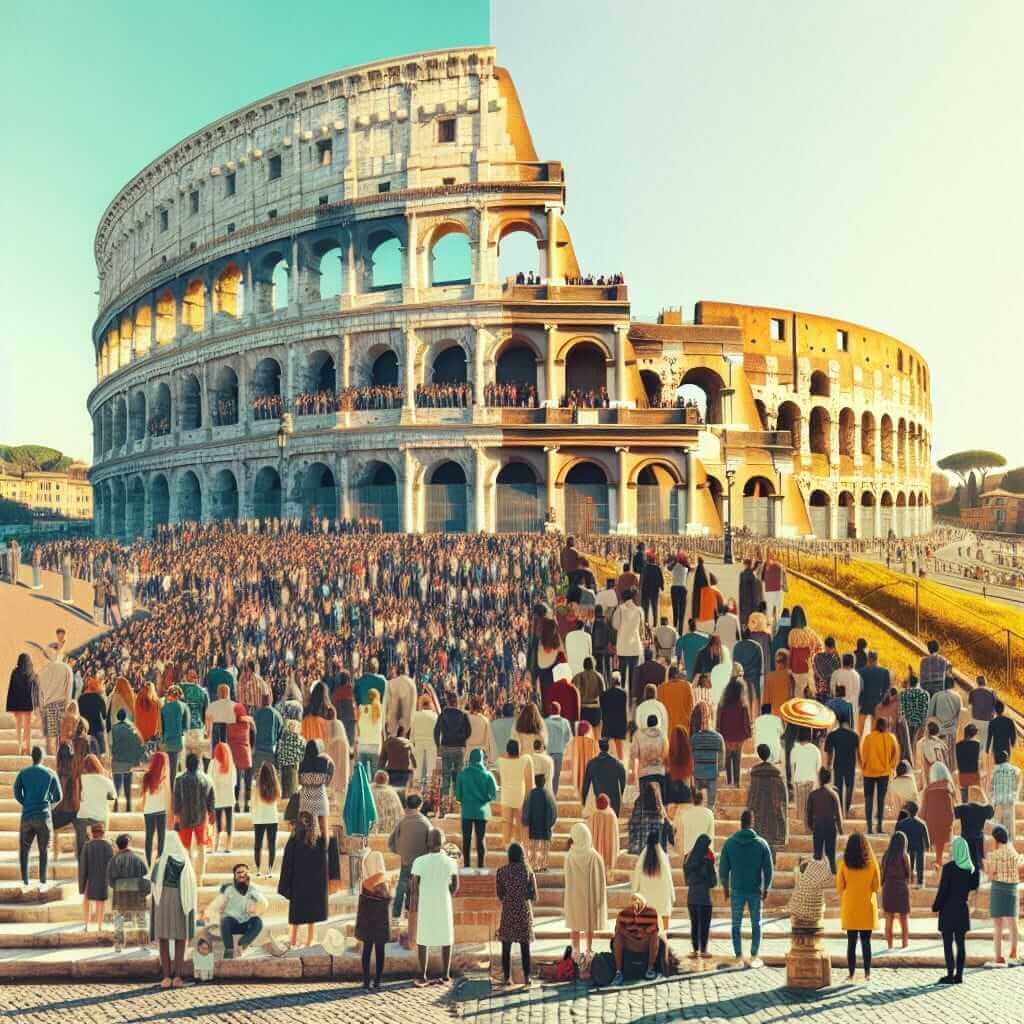The IELTS Speaking test assesses a candidate’s ability to communicate effectively in English. Examiners evaluate candidates on four main criteria: Fluency and Coherence, Lexical Resource, Grammatical Range and Accuracy, and Pronunciation. Questions related to travel experiences, such as “Describe a time when you visited a new country,” frequently appear, allowing candidates to showcase their storytelling skills, vocabulary, and cultural awareness.
In this guide, we’ll explore effective strategies to respond to this common cue card topic, provide a sample answer, and analyze key elements that can help you achieve a higher band score.
Part 1: Introduction and Interview
Common Questions
- Have you ever traveled to another country?
- What are some places in your country that tourists like to visit?
- Do you like traveling?
Sample Answer
Question: Have you ever traveled to another country?
Answer: Yes, I have. Last year, I visited Japan for the first time, and it was an amazing experience. The culture, food, and landscapes were all very unique and memorable. I was particularly impressed with Tokyo’s vibrant city life and Kyoto’s serene temples.
Analysis: The candidate uses specific examples and adjectives like amazing, unique, and memorable to convey a clear and vivid picture. This not only demonstrates lexical resource but also fluency and coherence.
Part 2: Long Turn
Cue Card
Describe a time when you visited a new country. You should say:
- which country you went to
- what you saw and did there
- who you went with
and explain how you felt about the visit.
Sample Answer
Last summer, I had the opportunity to visit Italy for the first time. I traveled there with my family, and it was an unforgettable experience. We stayed in Rome, where we explored historical landmarks like the Colosseum and the Vatican City. I was absolutely fascinated by the rich history and magnificent architecture.
We also took a day trip to Florence, which is famous for its art and beautiful scenery. One of the highlights was visiting the Uffizi Gallery, where I saw works by Michelangelo and Leonardo da Vinci. I felt extremely moved and inspired by the artwork.
Throughout the trip, I indulged in authentic Italian cuisine, such as pasta, pizza, and gelato. The food was delectable and added another layer of enjoyment to the experience.
Overall, visiting Italy was a dream come true. It was a perfect blend of relaxation, education, and cultural enrichment. I felt immensely gratified and enriched by the end of the journey.
Analysis: The response includes detailed descriptions and emotional reactions, which enhance lexical resource and coherence. The use of advanced vocabulary, such as fascinated, moved, delectable, gratified, and enriched, demonstrates a good command of language.
Follow-up Questions
Question: Did you face any challenges while traveling in Italy?
Answer: Initially, the language barrier was a bit of a challenge as not everyone spoke English. However, I found that using basic Italian phrases and non-verbal communication helped a lot. Additionally, navigating the public transportation system was tricky at first, but with a little patience, we managed fine.
Question: How did this trip change your perspective on other cultures?
Answer: Visiting Italy significantly broadened my understanding and appreciation of different cultures. It made me realize the importance of preserving historical sites and traditions and also highlighted the value of experiencing life from different cultural viewpoints.
Analysis: These answers show the candidate’s ability to discuss challenges and personal growth, highlighting both fluency and depth of thought.
Part 3: Two-way Discussion
Sample Dialogue
Examiner: How important is it for people to travel to other countries?
Candidate: I believe it’s extremely important. Traveling to other countries exposes individuals to diverse cultures, traditions, and perspectives, which can foster empathy and understanding. It also provides opportunities for personal growth and broadens one’s worldview, making people more open-minded and inclusive.
Examiner: In what ways can traveling impact the local culture of a country?
Candidate: Traveling can have both positive and negative impacts on local cultures. On the positive side, it can boost the economy through tourism and promote cultural exchange. However, it can also lead to cultural dilution if not managed properly, with local traditions and customs potentially being overshadowed by foreign influences.
Analysis: The candidate displays critical thinking, supported by balanced arguments. The use of terms like foster empathy, inclusive, cultural dilution, and cultural exchange enhances lexical resource and coherence.
Key Vocabulary and Structures
- Lexical Resource: Fascinated, Memorable, Unique, Delectable, Inspired, Enriched, Empathy, Inclusive.
- Grammatical Range: Use of past tense, complex sentences, conditional sentences.
- Pronunciation: Clear articulation, appropriate intonation, stress on key words.
Example Usage:
- Fascinated: I was fascinated by the intricate designs of the ancient buildings.
- Memorable: My trip to Japan was incredibly memorable because of the warm hospitality of the locals.
Tips for High Scores in Speaking
- Practice Regularly: Engage in daily speaking exercises and record yourself.
- Rich Vocabulary: Learn and use advanced vocabulary naturally.
- Fluency and Coherence: Practice speaking fluently without long pauses and organize your responses logically.
- Mock Tests: Participate in mock speaking tests to simulate real exam conditions.
- Feedback: Seek feedback from teachers or native speakers to identify and work on weaknesses.

Following these strategies and incorporating the tips provided, candidates can enhance their speaking performance and aim for higher band scores in the IELTS Speaking test. Best of luck with your preparation!